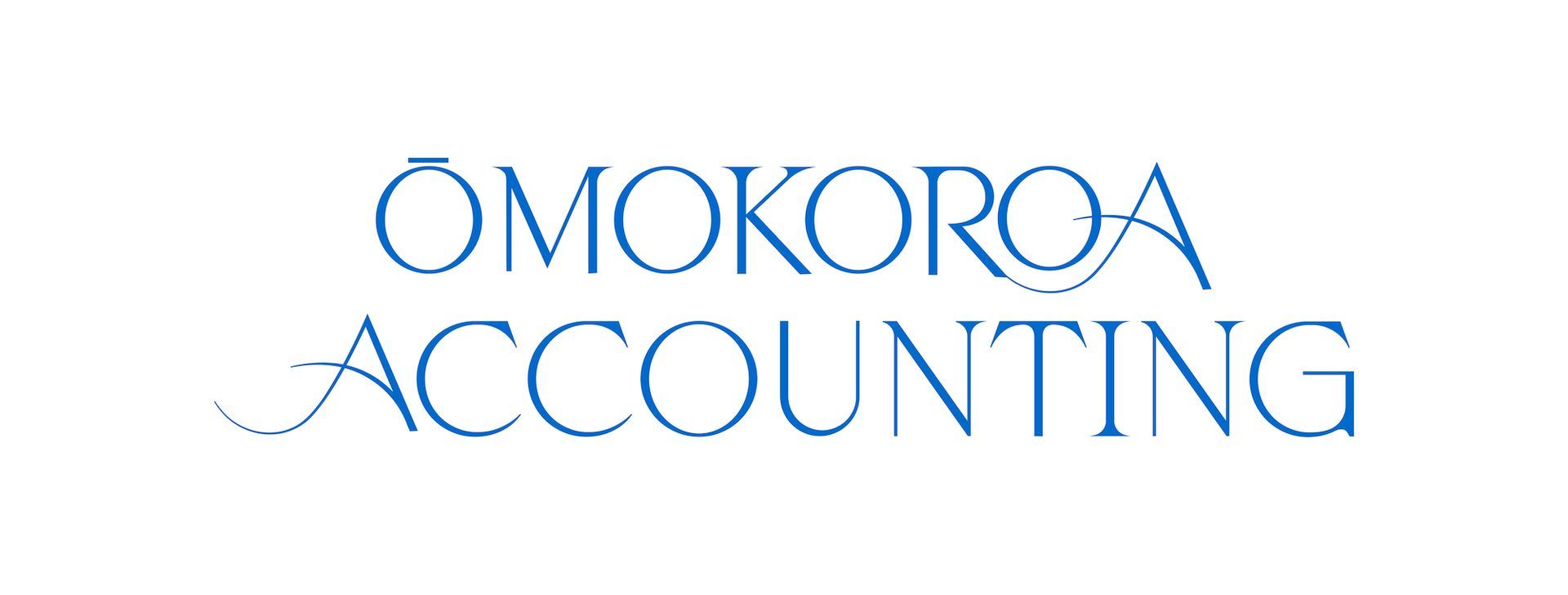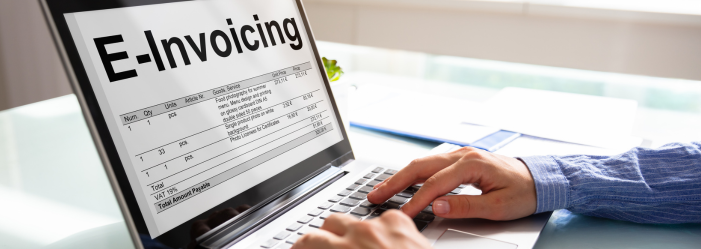Haven’t Seen Your ACC Bill Yet? Here’s Why
As an employee, you may have noticed that ACC levies are automatically deducted from your wages or salary. However, when you start a business, this becomes your responsibility. If you’re relatively new to business, you might be wondering how to obtain your ACC bill. It is usually sent via post or email.
ACC bills are sent in July or August for employers and September or October for individuals. However, clients are being caught out because they don’t realise they may need to update their details.
One client, a sole trader, had a bill that was several months overdue, because she had been expecting it to arrive in the post. A quick chat with us, and she realised:
- She needed to set up a MyACC For Business account.
- Because she’d always been an employee, she had never updated her address with ACC.
- The bills were being sent to an old address and were therefore not reaching her.
Estimating Your ACC Bill
It’s important to know that part of your ACC bills is based on estimates. This means the ACC bill you receive may not always line up with the calculation in your accounting software.
This is because ACC predicts what your bill will be for the coming year, based on your income from the previous year. They are anticipating that your business will experience growth. Therefore, as your income grows, your ACC bill will also increase.
For this particular client, she had reduced her workload, so her income had reduced. However, her second ACC bill estimate was a lot higher than the first and therefore didn’t align with her accounting software. In this instance, ACC will either credit her account or issue a refund.
The key takeaway? Ensure you have set up a MyACC for Business account and that your details are correct online, so you’re not caught off guard when ACC calculates your levies.
Need clarity on ACC levies or income tax? Get in touch with our team for a friendly chat.



